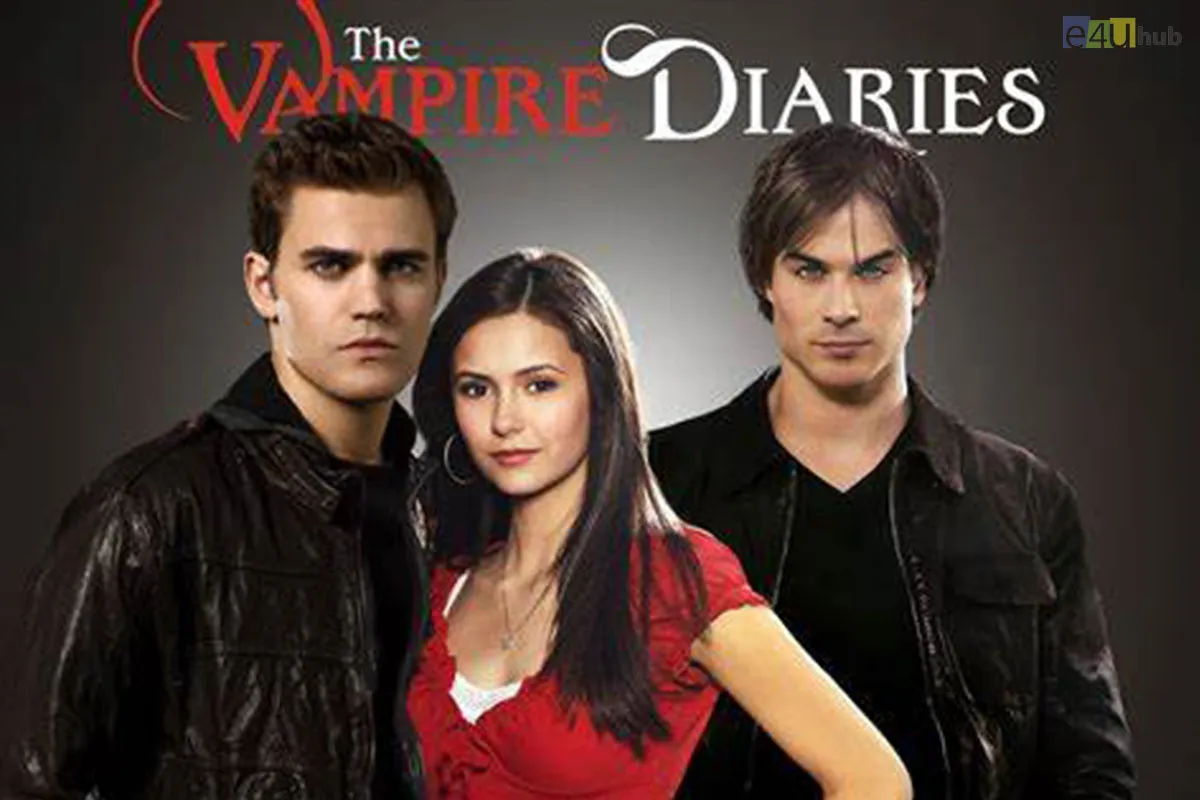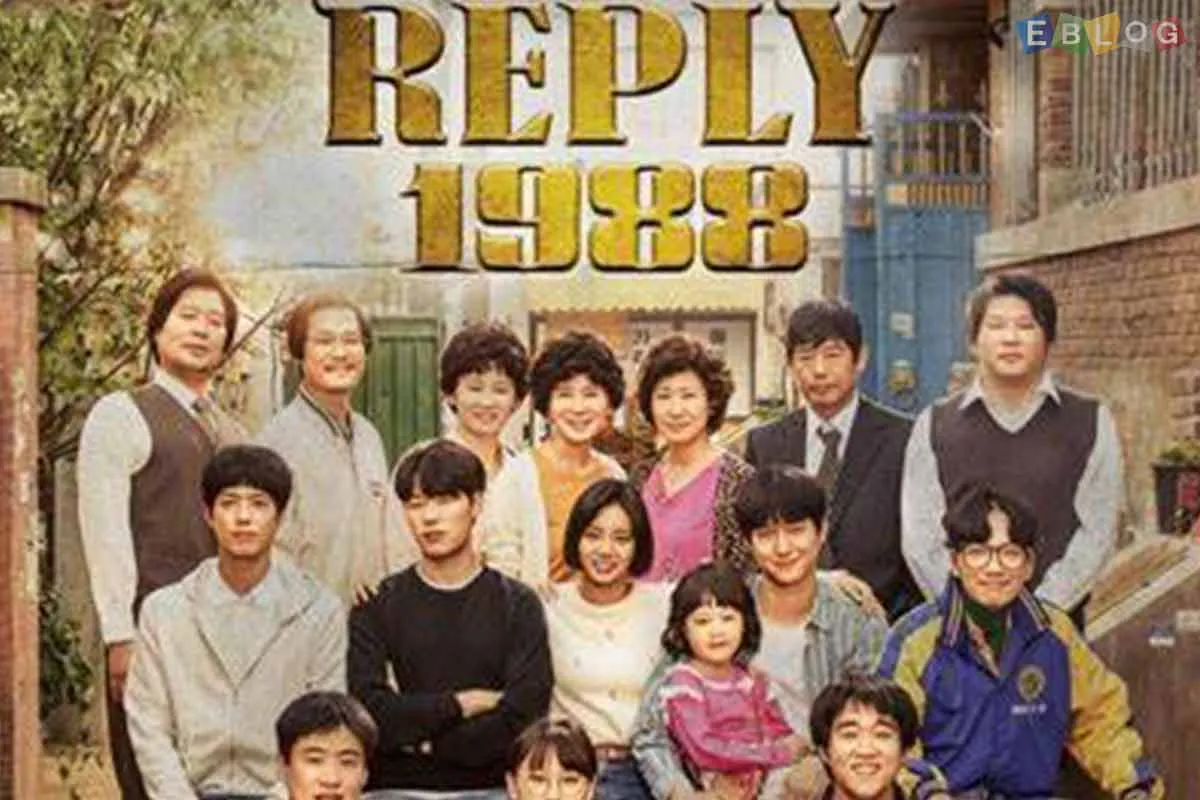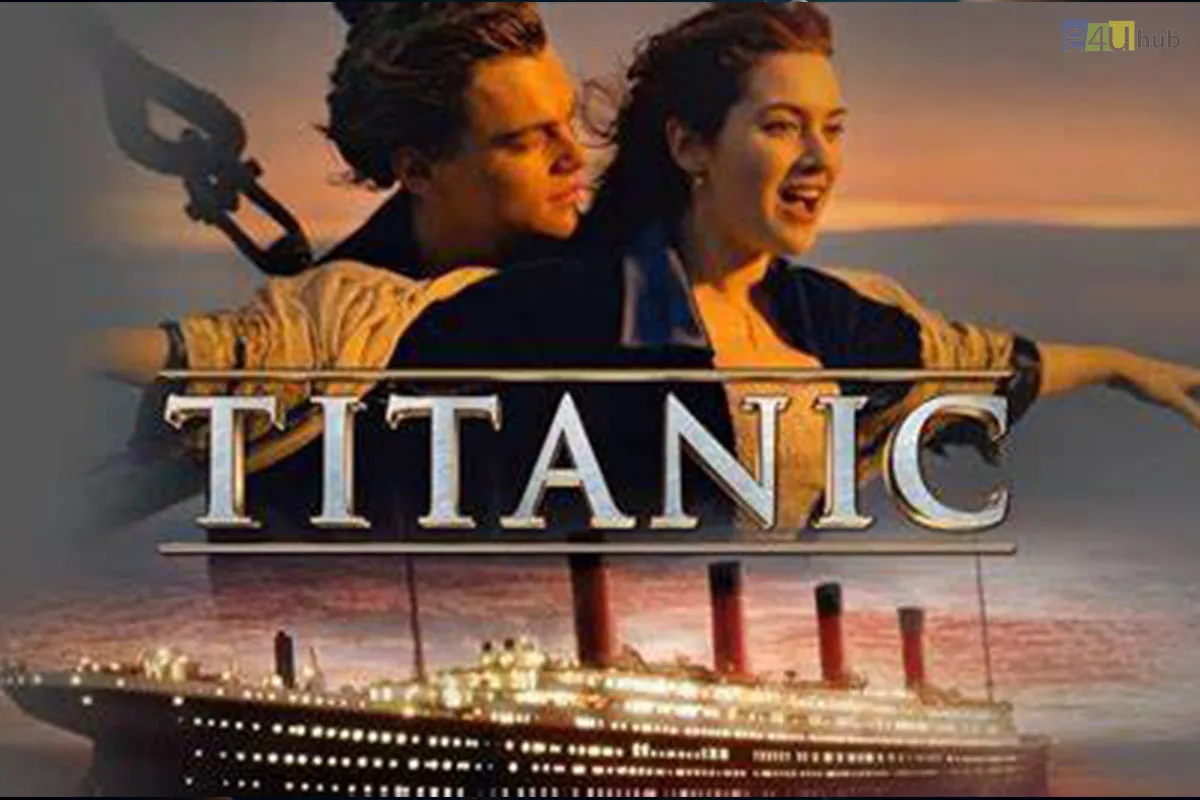
The Impact Of Streaming Services On The Entertainment Industry
- 14 Dec, 2023
- Entertainment
- 521 Views
- 0 Comments
In the not-so-distant past, the entertainment industry primarily revolved around traditional television, movie theaters, and physical media. However, the advent of streaming services has revolutionized how we consume content, reshaping the entire landscape of the entertainment industry. The impact of streaming services is profound and multifaceted, touching on aspects ranging from content creation to audience behavior. Let's delve into the transformative influence these platforms have had on the entertainment industry.
1. Unprecedented Access and Convenience:
Streaming services have democratized content access. Viewers can now watch their favorite shows and movies anytime, anywhere, with a simple internet connection. This convenience has drastically altered viewing habits, rendering the traditional concept of scheduled programming obsolete.
2. Diverse Content Libraries:
Streaming platforms offer an extensive array of content, catering to diverse tastes and interests. From original series and movies to documentaries and classic films, subscribers have access to a broad spectrum of choices, challenging the dominance of traditional cable and satellite television.
3. Original Content Production:
Streaming giants like Netflix, Amazon Prime Video, and Hulu have become major players in content creation. These platforms invest heavily in producing original series and movies, attracting top-tier talent and challenging traditional studios for industry recognition, awards, and viewership.
4. Shift in Revenue Models:
The subscription-based model employed by most streaming services has altered revenue dynamics in the entertainment industry. Rather than relying on ad revenue or one-time purchases, streaming platforms generate recurring income from subscribers, leading to more predictable and sustained financial models.
5. Global Reach and Cultural Exchange:
Streaming has facilitated global content distribution. Viewers can explore and enjoy content from different cultures and languages, fostering a more interconnected and globalized entertainment landscape. This cross-cultural exchange has expanded opportunities for international creators.
6. Data-Driven Personalization:
Streaming platforms leverage data analytics to personalize content recommendations. Algorithms analyze user preferences, viewing history, and behaviors to suggest content tailored to individual tastes. This data-driven approach enhances user satisfaction and keeps viewers engaged.
7. Disruption of Traditional Broadcasting:
Traditional television networks are facing significant disruption as viewers migrate to streaming platforms. Cord-cutting, the act of canceling traditional cable or satellite TV subscriptions in favor of streaming services, has become a prevalent trend, challenging the traditional broadcast model.
8. Interactive and Immersive Experiences:
Some streaming platforms experiment with interactive storytelling, allowing viewers to make choices that impact the narrative. This level of engagement goes beyond traditional passive viewing, providing an immersive and participatory experience.
9. Challenges for Theaters and Cinemas:
The rise of streaming services has posed challenges for the traditional cinema experience. Simultaneous releases on streaming platforms and in theaters have become more common, impacting box office revenue and altering the way filmmakers approach distribution.
10. Emergence of Niche Content:
Streaming services have empowered niche content creators and genres. Smaller, specialized platforms can thrive by catering to specific interests or underserved audiences, offering content that might not find a place in traditional media.
Conclusion:
The impact of streaming services on the entertainment industry is transformative and ongoing. As these platforms continue to evolve, traditional models are forced to adapt or risk becoming obsolete. The era of on-demand, personalized, and globally accessible content has arrived, ushering in a new chapter in the ever-evolving story of entertainment.














Leave a Reply